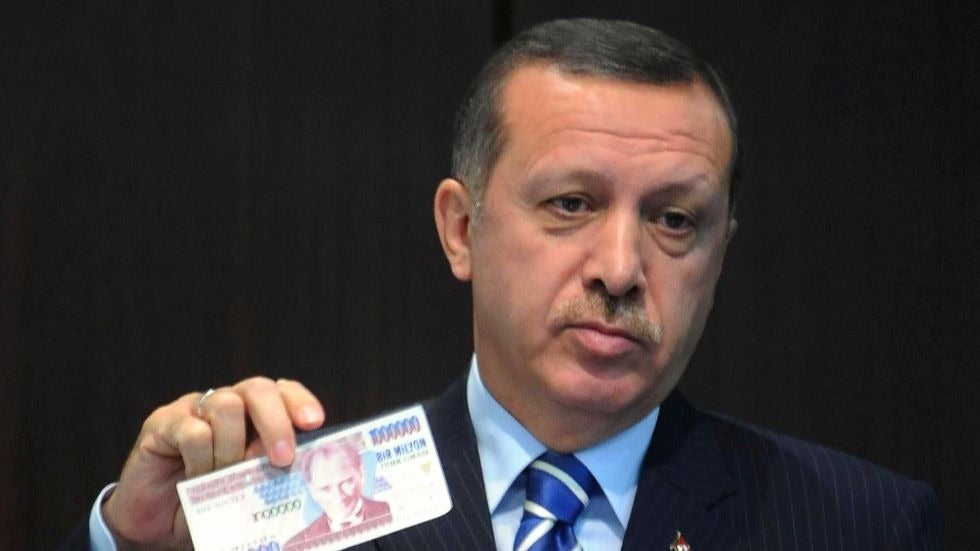Turkey is demonstrating to other emerging markets how not to manage a currency, said Desmond Lachman, a former deputy director in the International Monetary Fund’s Policy Development and Review Department.
Turkey is finding out the hard way how a currency crisis can take longer to occur than anticipated, but then proceed faster than thought possible, Lachman, a fellow at the American Enterprise Institute, said in a column for Barron’s late last week.
“Such lessons would seem to be particularly timely now when the Federal Reserve is on the eve of a tightening in policies that could create a very much more challenging global liquidity environment for the emerging markets than they have experienced in recent memory,” he said.
“It is not a good idea for the government to undermine central bank independence and to lean heavily on the central bank to cut interest rates at a time of rising inflation and a deepening currency crisis,” Lachman said. “It also hardly helps matters for the president of the country to keep peddling the totally out of consensus idea that higher interest rates might be the cause of inflation rather than its cure.”
He said the Turkish authorities had also committed the error of burning through their international reserves in support of the lira at a time when their macroeconomic policies were anything but supportive of currency stability.
Lachman said it was also unwise for a country to alienate other countries that might come to its rescue at a time of real economic need.
“By alienating not only the United States but also the European Union, President Erdoğan has made it difficult for his country to get International Monetary Fund support,” he said. “This is particularly unfortunate since an IMF-supported economic adjustment program is likely to be the only realistic way that President Erdoğan now could restore credibility in his government’s economic policies.”
Ahval
